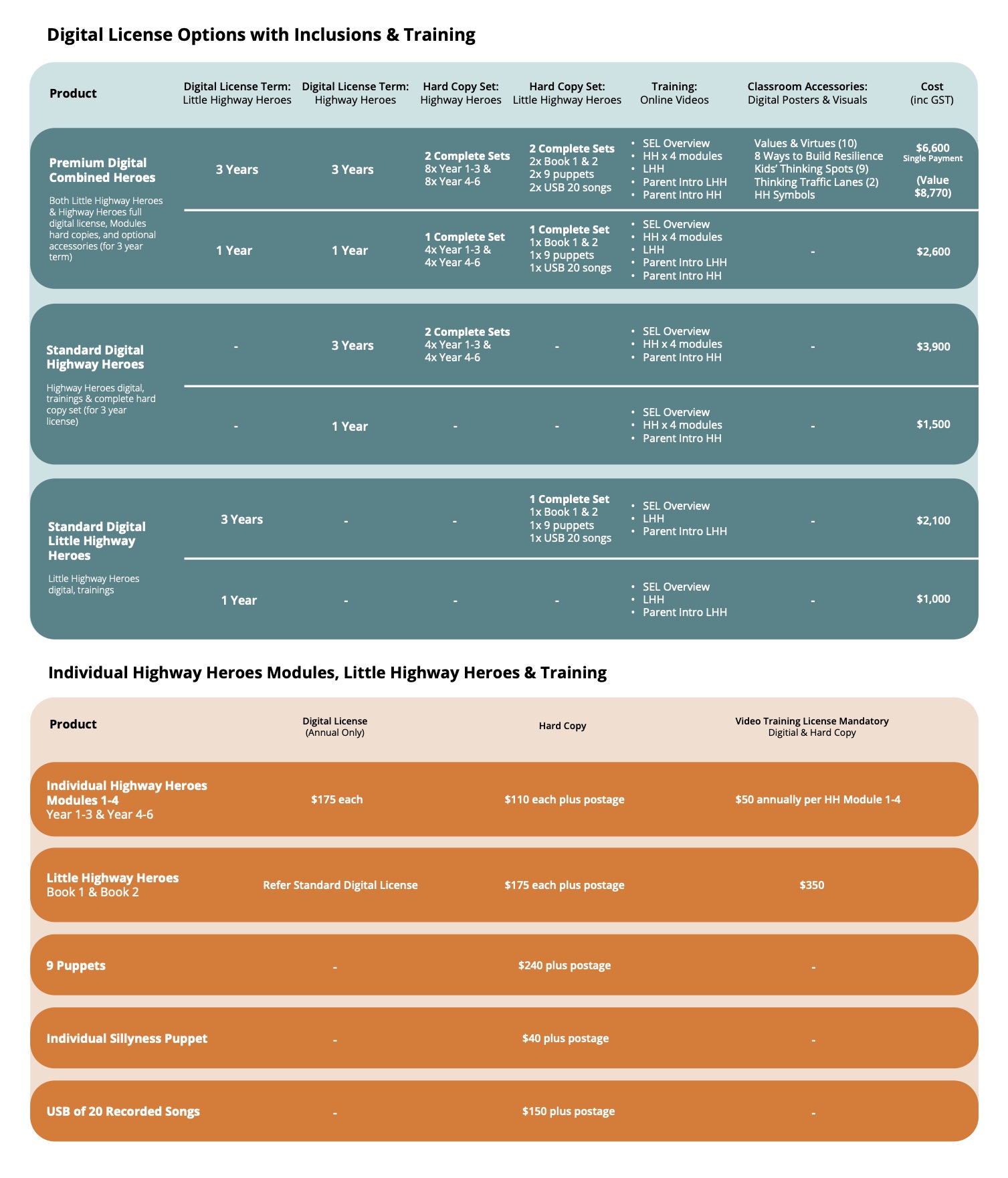Let’s start with CASEL – the international peak authority on SEL
CASEL stands for the Collaborative for Academic, Social, and Emotional Learning – and they define SEL as,
“the process through which children and adults acquire and effectively apply the knowledge, attitudes and skills necessary to understand and manage emotions, set and achieve positive goals, feel and show empathy for others, establish and maintain positive relationships, and make responsible decisions.”
CASEL’s 5 Core Competencies
In order to be socially, emotionally and academically successful. CASEL has identified 5 interrelated areas of competence, “that educate hearts, inspire minds, and help people navigate the world more effectively.” These include:
- Self awareness – The ability to accurately recognize one’s own emotions, thoughts, and values and how they influence behavior. The ability to accurately assess one’s strengths and limitations, with a well-grounded sense of confidence, optimism, and a “growth mindset.”
- Self management – The ability to successfully regulate one’s emotions, thoughts, and behaviors in different situations — effectively managing stress, controlling impulses, and motivating oneself. The ability to set and work toward personal and academic goals.
- Social awareness – The ability to take the perspective of and empathize with others, including those from diverse backgrounds and cultures. The ability to understand social and ethical norms for behavior and to recognize family, school, and community resources and supports.
- Relationship skills – The ability to establish and maintain healthy and rewarding relationships with diverse individuals and groups. The ability to communicate clearly, listen well, cooperate with others, resist inappropriate social pressure, negotiate conflict constructively, and seek and offer help when needed.
- Responsible decision-making – The ability to make constructive choices about personal behavior and social interactions based on ethical standards, safety concerns, and social norms. The realistic evaluation of consequences of various actions, and a consideration of the well-being of oneself and others.
You might like to read more here CASEL Core Competencies
CASEL’s extensive research
As identified by the extensive research by CASEL, the inclusion of a good, current and research-aligned SEL program has a positive impact on school climate and on academic, social, and emotional development of students. A meta-analysis undertaken in 2011 involving 213 schools and 270,000+ students identified:
- better academic performance: achievement scores an average of 11 percentile points higher than students who did not receive SEL instruction
- improved attitudes and behaviors: greater motivation to learn, deeper commitment to school, increased time devoted to schoolwork, and better classroom behavior
- fewer negative behaviors: decreased disruptive class behavior, noncompliance, aggression, delinquent acts, and disciplinary referrals
- reduced emotional distress: fewer reports of student depression, anxiety, stress, and social withdrawal.
Well beyond the direct emotional and academic benefits to children, SEL is now accepted as a critical factor in economic outcomes on individual and societal levels. A further meta-analysis undertaken in 2017, identified SEL programming having a positive impact up to 18 years later on academics, conduct problems, emotional distress, and drug use.
Be You – Australia’s SEL governance
“Be You aims to transform Australia’s approach to supporting children’s and young people’s mental health in early learning services and schools.” As the peak national body, Be You provides a wide range of services within schools and communities to promote the mental health, wellbeing and resilience of every child and systems connected to that child. Little Highway Heroes and Highway Heroes are both listed in Be You’s SEL program guide in Australian schools. The Be You website is an extremely valuable resource for parents and educators and there are a range of services on offer that promote wellbeing in homes, centres and schools. Please do take the time to visit the website.

